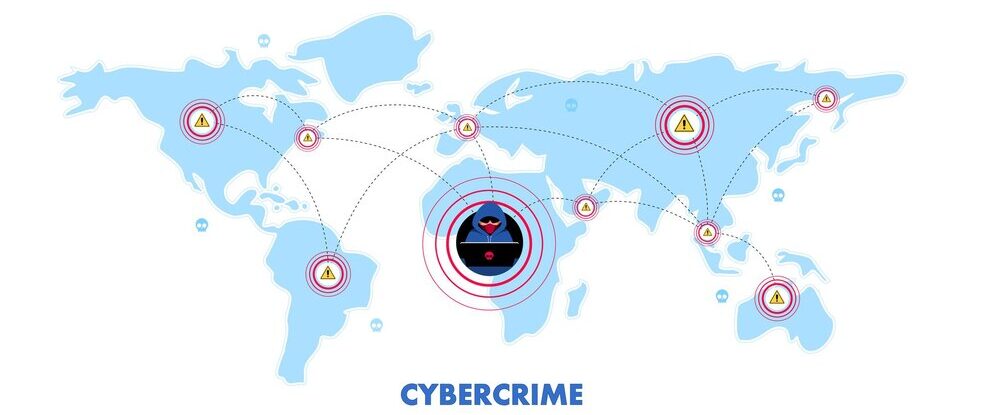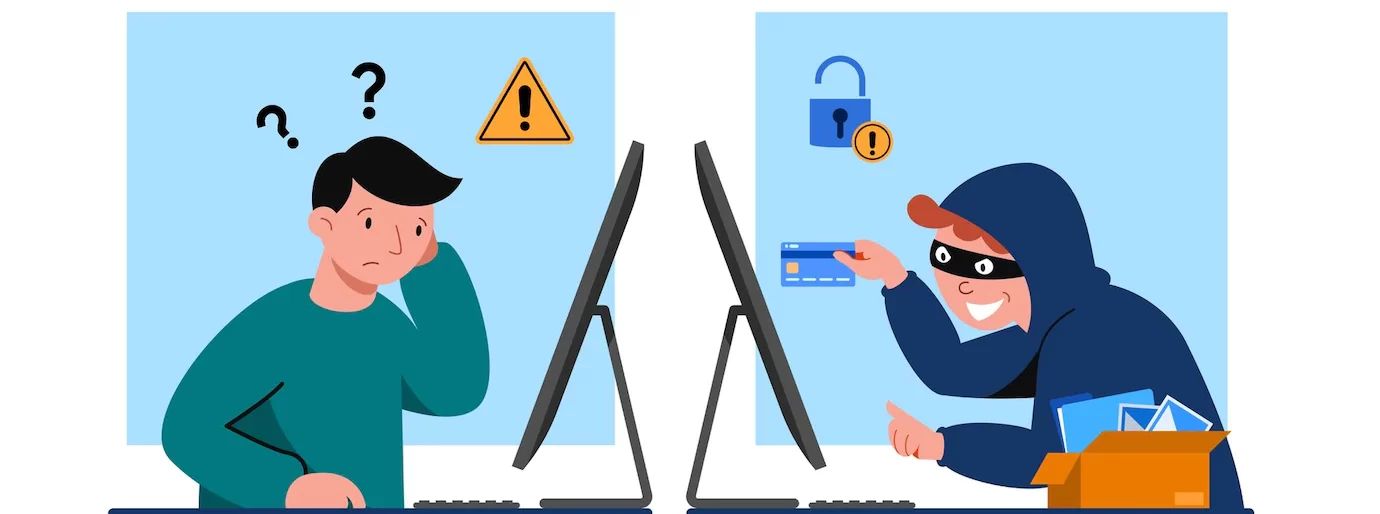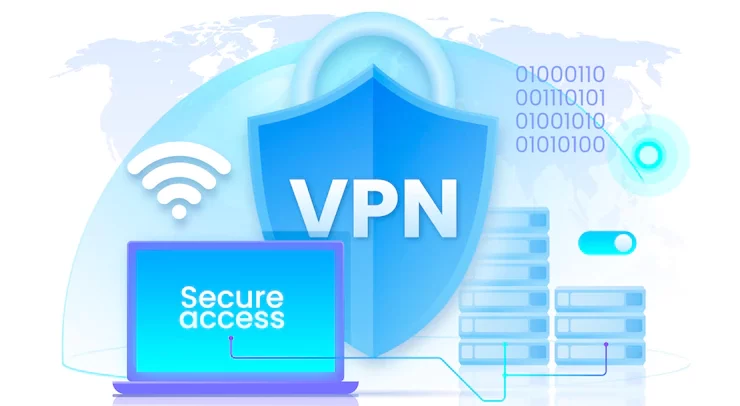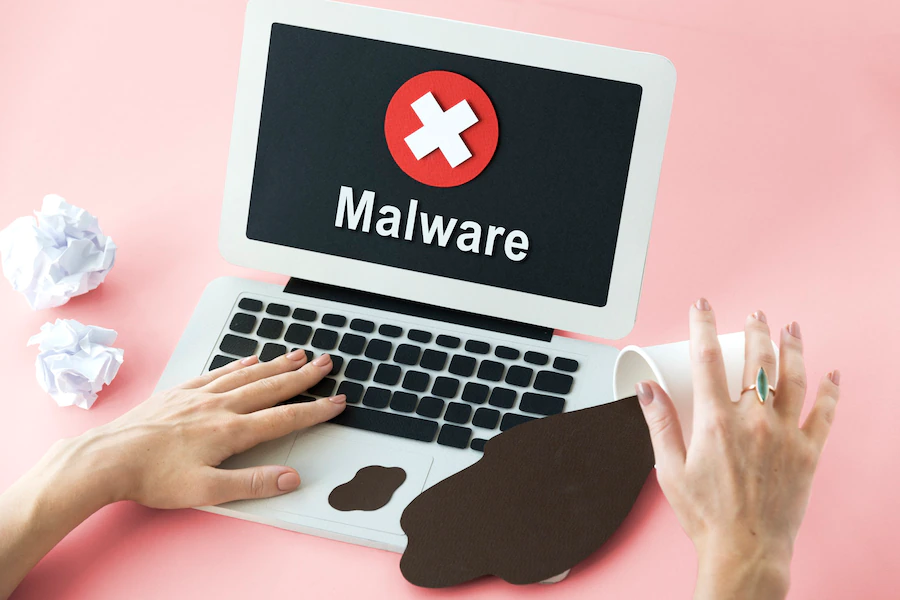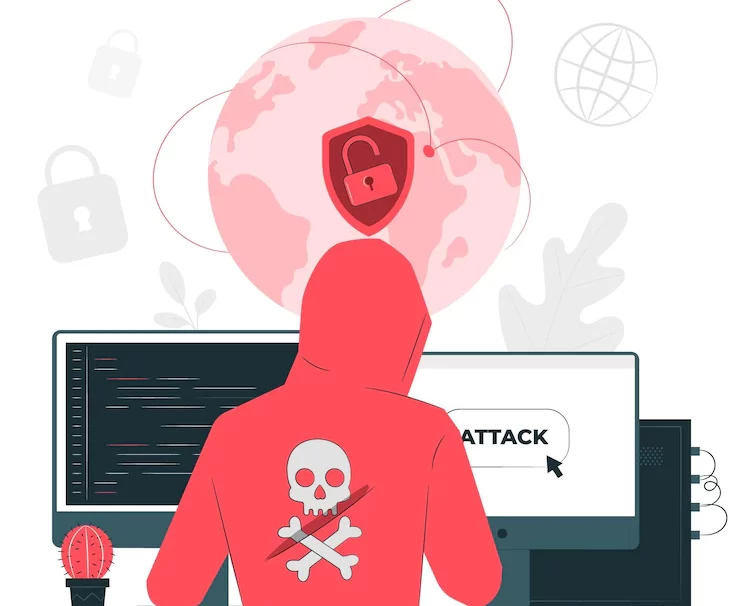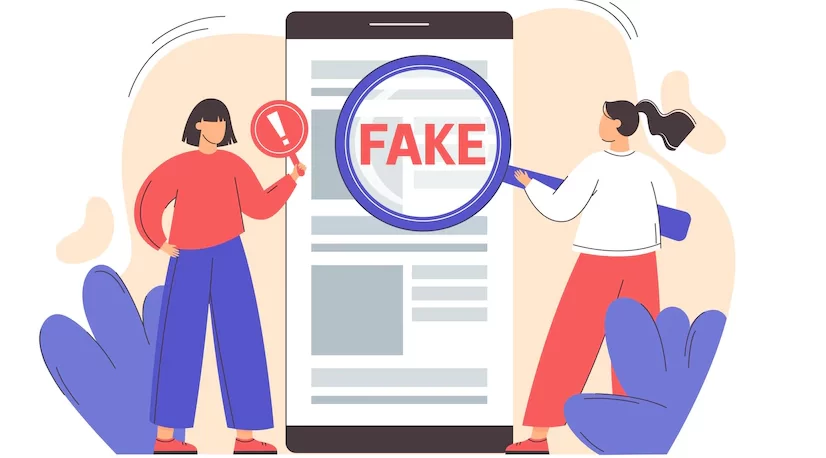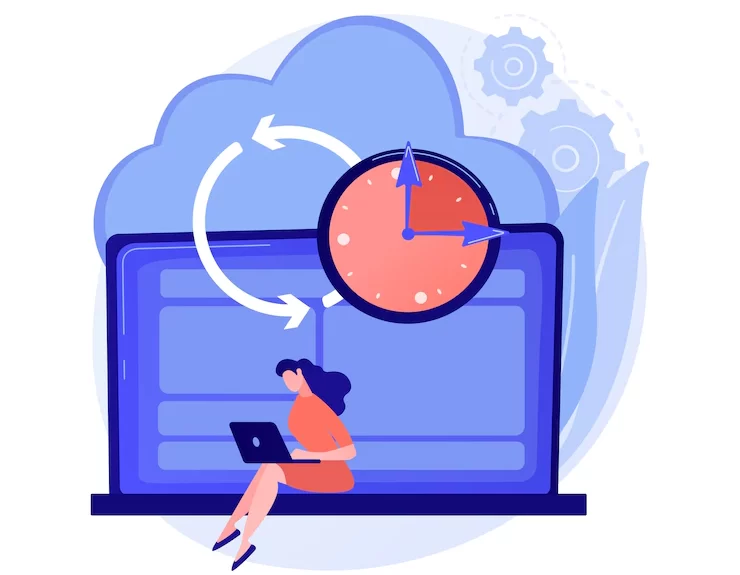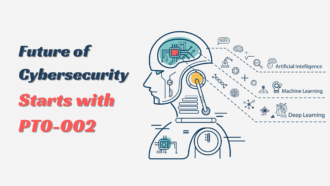Cybercrime is a real nightmare; it’s time to fight it!
Cybercrime is a serious issue, and it’s getting worse. We’ve seen some of the most devastating attacks in recent memory, like the WannaCry ransomware outbreak that infected hundreds of thousands of computers and caused billions of dollars worth of damage worldwide. Now, as criminals become more sophisticated and dangerous—and as technology continues to advance—it’s up to us as consumers to protect ourselves from becoming victims.
How To Prevent Cybercrime
Here are some tips on how you can fight back against cyberattacks:
Beware of phishing scams
Phishing is a type of scam that involves tricking people into giving out personal information. Phishing scams can be carried out over email, SMS, or in person and use different methods of deception to make it seem like your bank or other entities are trying to verify your identity.
How do you spot a phishing scam? In general, it’s probably a phishing attempt if someone knows your password; the same is true for any other sensitive information that might be stored on that site or device. It’s also important not to use the same login details for multiple sites; this makes it easier for hackers who gain access through one compromised site (for example) to go on from there and get into another.
Finally, it’s best practice to change your passwords regularly and create complex passwords that include symbols like “$” or capital letters; this makes it more difficult for hackers to crack these types of passwords than simply using common phrases.
Virtual private network
A virtual private network (VPN) is a network that can be made to appear as if it is located in a different location than it is. The most common type of VPN is a site-to-site VPN, which connects two networks over the same public network.
VPNs are normally used by businesses that want to share data with their customers and employees. Private individuals can also use a VPN to make sure that no one can find out what they do online or that they can stream restricted content. Suppose they need to stream their favorite show on a restricted site like Hulu, which is geo-restricted outside the US. A VPN helps to trick Hulu Location and lets you bypass the restrictions without any hassle.
Malware Attacks
Malware is a type of software that can be installed without the user’s knowledge. The term “malware” is short for “malicious software,” including viruses, worms, and Trojan horses—all designed to harm. Malicious code may also be used to steal sensitive information from your computer or cause damage to its hardware components.
Malware attacks can happen when you click on an email link or open an attachment in an email message; this makes it possible for hackers to install malicious code onto your computer using this method alone (known as “drive-by download”).
Distributed DoS attacks
A distributed denial-of-service (DDoS) attack is one of the most common forms of cybercrime. It means sending a lot of traffic to a network to make it unusable or slow it down.
The goal isn’t necessarily to steal information or money—it’s just to make sure that the target can’t function properly, so they’ll have to pay up to get their business back up and running again (or at least give you some money).
Distributed DoS attacks can be stopped by making sure your infrastructure has enough capacity for peak times, using redundancy and failover systems, constantly monitoring what’s happening on your network endpoints (not just those directly connected), having good policies in place for internet access management or other restrictions like firewalls and antivirus software installed on all devices connected within networks, and putting security measures in place.
Double-check before downloading something online
While you’re at it, make sure to double-check the file name, size, and hash value. If the file seems suspicious, or if there are any red flags on your antivirus software (like “phishing”), don’t open it!
A good rule of thumb is this: if a website says they have something for sale but doesn’t have an active link that leads directly to their product page (like Amazon), then don’t download anything from them until you know what they’re selling and who they’re selling it to.
Make sure you have the latest updates on your devices
- Make sure you have the latest updates on your devices.
- Updates are often released in response to new threats, and they’re designed to fix problems and improve security.
- Get them as soon as possible!
Backup your data
Back up your data. Cybercrime can only be stopped by backing up, especially if you have important information stored online. You should also ensure that the backup is safe and that hackers and other bad people can’t get to it.
There are many options for backing up important files and documents: cloud storage services like Dropbox or Google Drive offer quick and easy ways to back up files across multiple devices in one location (and they’re free!). If you prefer simpler options, many apps for iOS (iPhone) and Android phones let users choose what they want backing up each day, week, month, etc., and then store them safely until they are needed again. This could be after being away from home for a few days at work.
Keep safe online!
- Use a good password
- Don’t click links in emails.
- Don’t download anything from untrusted sources (e.g., torrents)
- Update your devices and software regularly, especially if they’re old or don’t have the latest security patches installed on them
Ending Line:
Cybercrime is a serious concern for everyone, so it’s important that we all take steps to protect ourselves from hackers. Cybercrime can affect anyone, and you should never assume it isn’t because something doesn’t appear to be dangerous. We hope this article has given you insight into the different types of cyber threats and how they work. If nothing else, remember that while these threats are real—and they can affect your information or finances—they don’t have any power over you unless they get too close (which is why we always recommend keeping an eye on what’s going on around us!).

